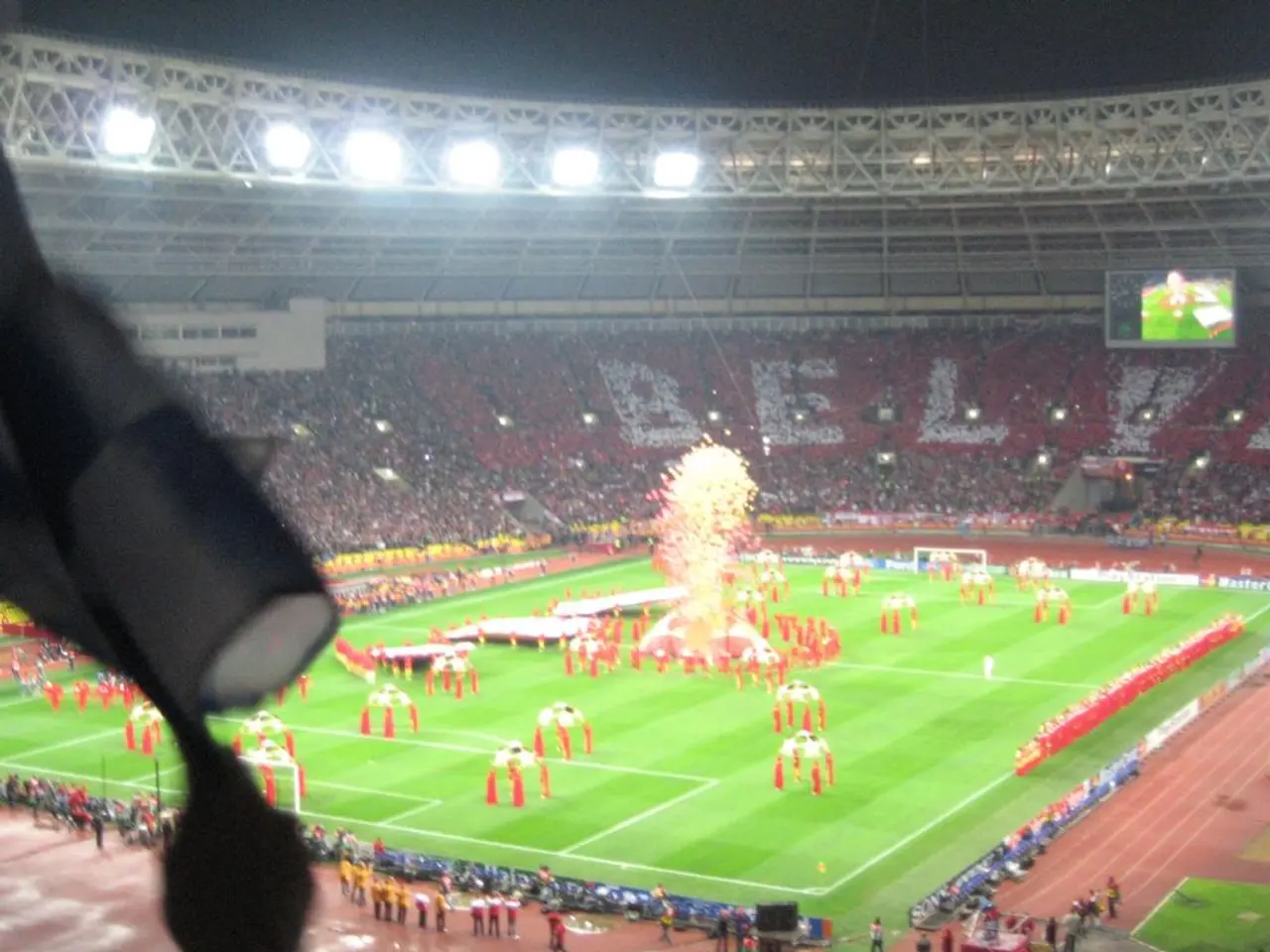Execution or Pardon for Nimisha Priya Under Islamic Law: The Influence of Sharia Law on Kerala Nurse on Death Row in Yemen
In a complex legal case that has been ongoing for five years, the fate of Nimisha Priya, a Kerala nurse sentenced to death in Yemen for the murder of her business partner Talal Abdo Mahdi, hangs in the balance. The latest development comes as the Yemeni authorities have postponed her execution, originally scheduled for July 16, 2025.
Nimisha Priya was convicted by a Yemeni court in 2020 for the murder of Talal Abdo Mahdi, following an incident in 2017 when she sedated him to retrieve her passport that he had been withholding. Her appeals were dismissed, including the Supreme Judicial Council's rejection in November 2023.
The family of Talal Abdo Mahdi has insisted on 'qisas', a term for retribution as justice in Sharia law, meaning they want Nimisha Priya killed. In contrast, the victim's family has refused any compensation and demanded that Nimisha Priya be executed as per their right to 'qisas' under Yemeni law.
India has been providing all possible assistance, including legal support, consular visits, and diplomatic outreach to Yemeni authorities and the victim's family. Despite India exploring the option of paying 'diyya', an alternative concept to 'qisas' in Islamic law that means acceptance of compensation, mostly understood as financial, the family's refusal has limited the Indian government's leverage.
The postponement of Nimisha Priya's execution was due to interventions by the Indian government and a senior Muslim cleric from Kerala, Kanthapuram AP Aboobacker Musliyar. The next hearing in the case is scheduled for August 14, 2025, according to Indian Supreme Court updates.
The brother of Talal Abdo Mahdi, Abdelfattah Mahdi, has decried the mediation efforts and stated his demand as retribution, not monetary compensation. He has been angered by reports that his family would settle for 'diyya', an option they have opposed due to their belief that Nimisha Priya killed Talal with clear intentions, not by mistake.
The case remains delicate, with India continuing to seek a resolution while respecting Yemeni legal and cultural customs tied to the family's rights in the matter. However, due to Yemen's political situation and the control of Sana'a by the Iran-backed Houthis, India's ability to influence the case is constrained, and the government has acknowledged reaching the maximum extent of diplomatic efforts.
The family of Nimisha Priya, including her mother and a citizens' forum, including NRIs settled in Sana'a, have been mediating for at least five years. As the case continues, India hopes for a resolution that respects both the legal and cultural customs of Yemen while ensuring justice for Nimisha Priya.
- The Indian government, in a bid to secure a fair resolution, has been offering legal support, consular visits, and diplomatic outreach to the Yemeni authorities and the victim's family, even exploring the option of paying 'diyya', an Islamic law concept that means acceptance of compensation.
- Despite the postponement of Nimisha Priya's execution, which was due to interventions by the Indian government and a senior Muslim cleric from Kerala, the brother of Talal Abdo Mahdi, Abdelfattah Mahdi, adamantly demands retribution, refusing any compromise with monetary compensation.
- In the midst of this complex legal case, the general news and crime-and-justice sections have been extensively covering the ongoing saga, while politics also plays a significant role as India navigates the delicate balance between respecting Yemeni laws and customs and ensuring justice for Nimisha Priya.
- Particularly in the realm of business and politics, this case underscores the importance of cross-border relationships, cultural sensitivity, and the intricate web of international diplomacy, serving as a stark reminder of the challenges in maintaining peace and resolving conflicts, not just in the Middle East but worldwide.








